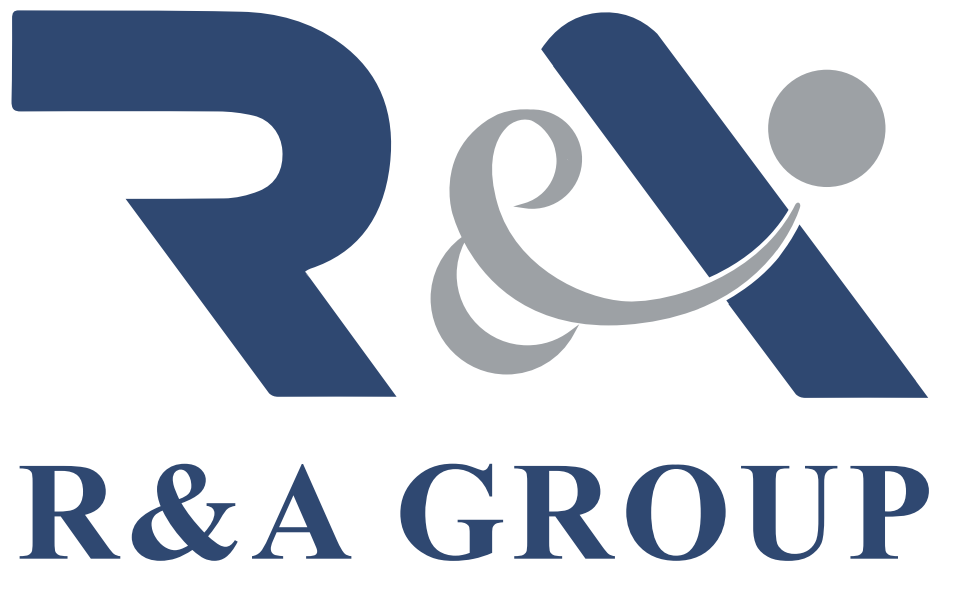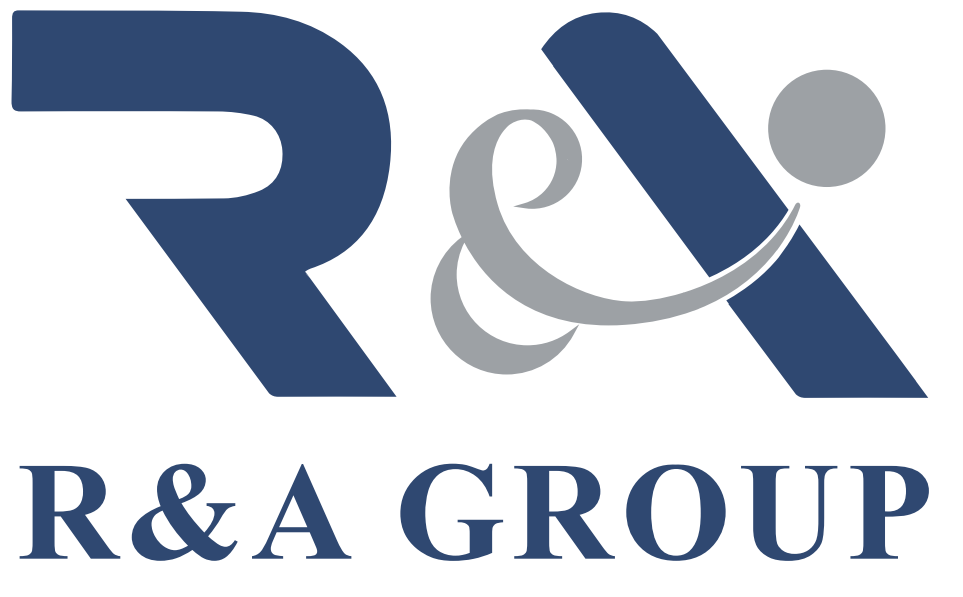UAE’s E-Invoicing Rollout Is Underway: What Businesses Need to Know Before 2027
The United Arab Emirates (UAE) has taken another major step toward digital transformation in taxation and compliance.

The United Arab Emirates (UAE) has taken another major step toward digital transformation in taxation and compliance. After successfully introducing Value Added Tax (VAT) in 2018, the country is now preparing to roll out a nationwide e-invoicing system that will redefine how businesses issue, receive, and report invoices.
The move aligns with global best practices and mirrors the success of e-invoicing frameworks already implemented in countries like Saudi Arabia, India, and European Union nations. For UAE businesses, this transition marks a new era of transparency, efficiency, and compliance automation.
The Evolution: From VAT to Full Digital Tax Compliance
When VAT was first introduced in 2018, it initiated the UAE’s journey toward more structured financial reporting. Over time, the Federal Tax Authority (FTA) began integrating digital tools to make tax filing and documentation smoother for both taxpayers and auditors.
Now, e-invoicing represents the next major milestone. It aims to eliminate paper-based and manually created invoices by replacing them with standardized, structured electronic invoices that can be seamlessly exchanged, verified, and archived digitally.
1. B2G (Business-to-Government) Is Already Digital
The UAE government has already implemented a fully digital Public Procurement Platform (DPP) to manage all Business-to-Government (B2G) contracts. This platform ensures that government suppliers and vendors can process tenders, contracts, and payments entirely online.
The B2G e-invoicing mandate is expected to officially come into effect in 2027, making digital invoice submission mandatory for companies dealing with government entities. This transformation enhances accountability, faster payments, and reduced administrative costs for both parties.
2. B2B (Business-to-Business) Comes Next
While B2B e-invoicing has been optional so far—allowed only with mutual consent between trading partners—that will soon change. Starting January 2027, large companies will be required to issue and receive e-invoices digitally.
These companies must select an Accredited Service Provider (ASP) by July 2026 to ensure they are ready for compliance before the mandate takes effect. SMEs and smaller businesses will likely be included in the later stages of the rollout, following the successful adoption by large enterprises.
This phased approach allows companies time to upgrade their accounting systems, integrate APIs, and prepare for real-time invoice validation—a process similar to the digital reporting model used in Saudi Arabia and Europe.
3. Powered by peppol 5-Corner Infrastructure
The UAE’s e-invoicing model will be built on the peppol 5-corner infrastructure, an internationally recognized framework used for secure, standardized electronic document exchange.
This model ensures that both Accounts Payable (AP) and Accounts Receivable (AR) transactions are validated and reported in real time through a network of Accredited Service Providers (ASPs). Each ASP will facilitate communication between the sender, receiver, and the FTA—ensuring compliance, security, and authenticity in every transaction.
By connecting businesses and the FTA through this system, the UAE aims to improve tax reporting accuracy, reduce fraud, and enhance audit traceability.
4. Benefits of E-Invoicing for UAE Businesses
E-invoicing isn’t just about compliance—it brings significant operational and financial benefits:
- Improved Accuracy: Eliminates manual errors and mismatched invoices.
- Real-Time Reporting: Ensures immediate validation and visibility of transactions.
- Faster Payments: Standardized digital formats speed up payment cycles.
- Reduced Costs: Lowers printing, storage, and administrative costs.
- Better Compliance: Automatic data exchange minimizes risks of non-compliance and penalties.
- Sustainability: Reduces paper waste and supports green initiatives.
5. How R&A Group Can Help Your Business Prepare
At R&A Group, we help UAE businesses transition smoothly into the digital tax and e-invoicing era. Our team provides expert guidance on VAT compliance, e-invoicing integration, and FTA reporting requirements to ensure your company is fully prepared before the 2027 mandate.
Our services include:
- E-invoicing readiness assessments.
- Integration with Accredited Service Providers (ASPs).
- Accounting software configuration and data migration.
- Training for finance and compliance teams.
- Continuous advisory on regulatory updates from the FTA.
The UAE’s e-invoicing rollout marks a major leap toward smart governance, operational transparency, and tax compliance. Businesses that start preparing early—by upgrading their systems and engaging accredited service providers—will enjoy a smoother transition, fewer risks, and greater financial control.
With expert guidance from R&A Group, your business can stay ahead of the curve, ready for the January 2027 e-invoicing mandate and beyond.
Share this post:
Related Posts

The United Arab Emirates continues to refine and strengthen its tax and regulatory framework, ensuri...

In today’s fast-paced and competitive UAE business environment, small and medium enterprises (SMEs)...

he UAE Ministry of Finance issues Cabinet Decision No. (127) of 2024, expanding the Reverse Charge M...

